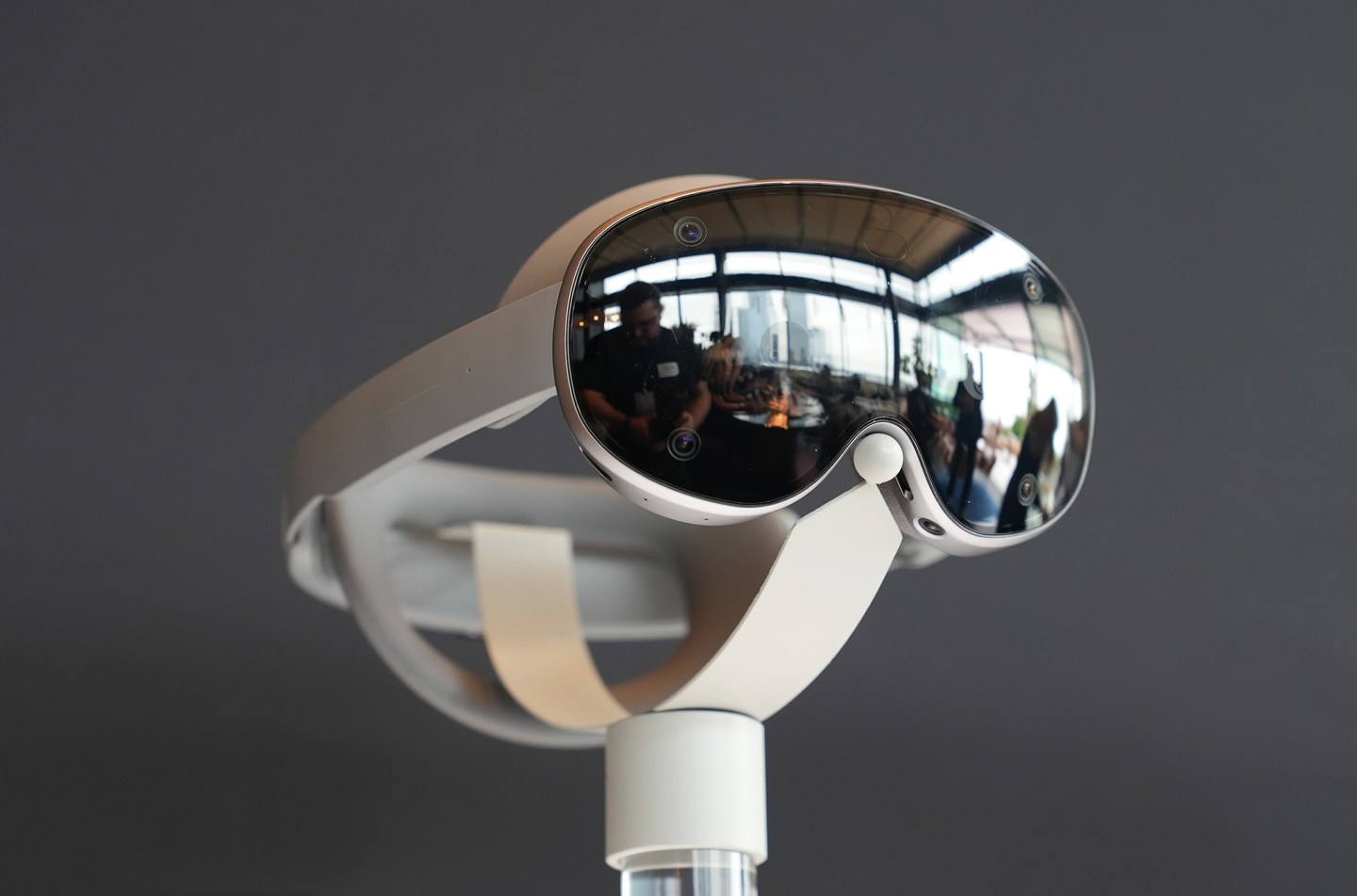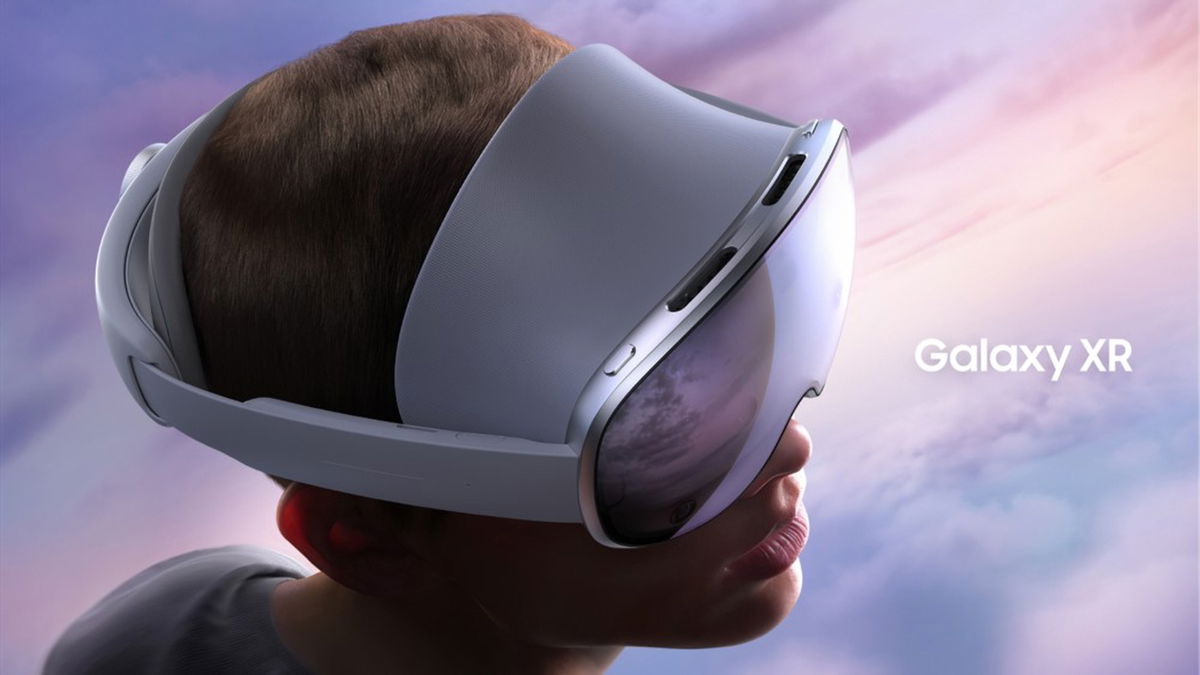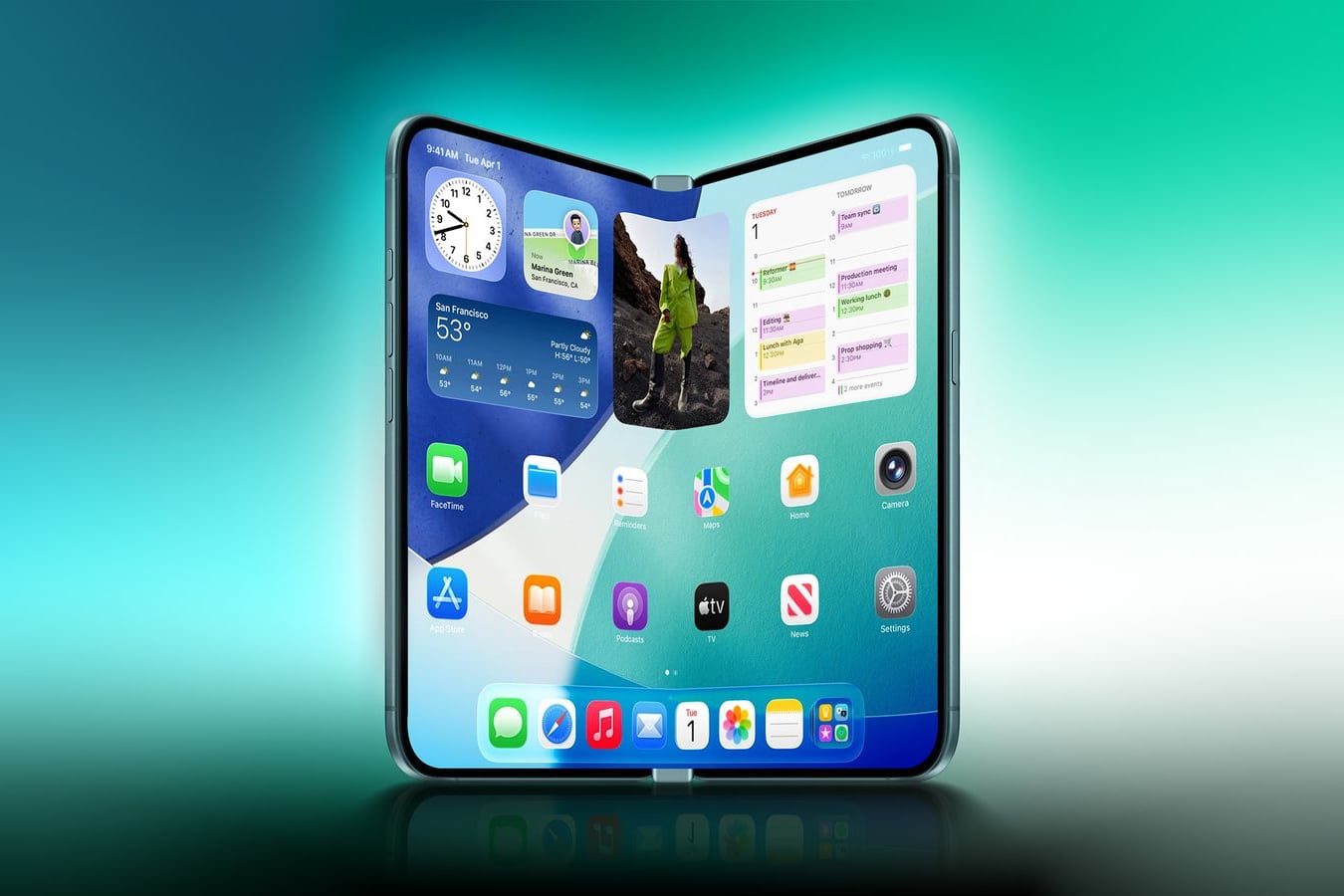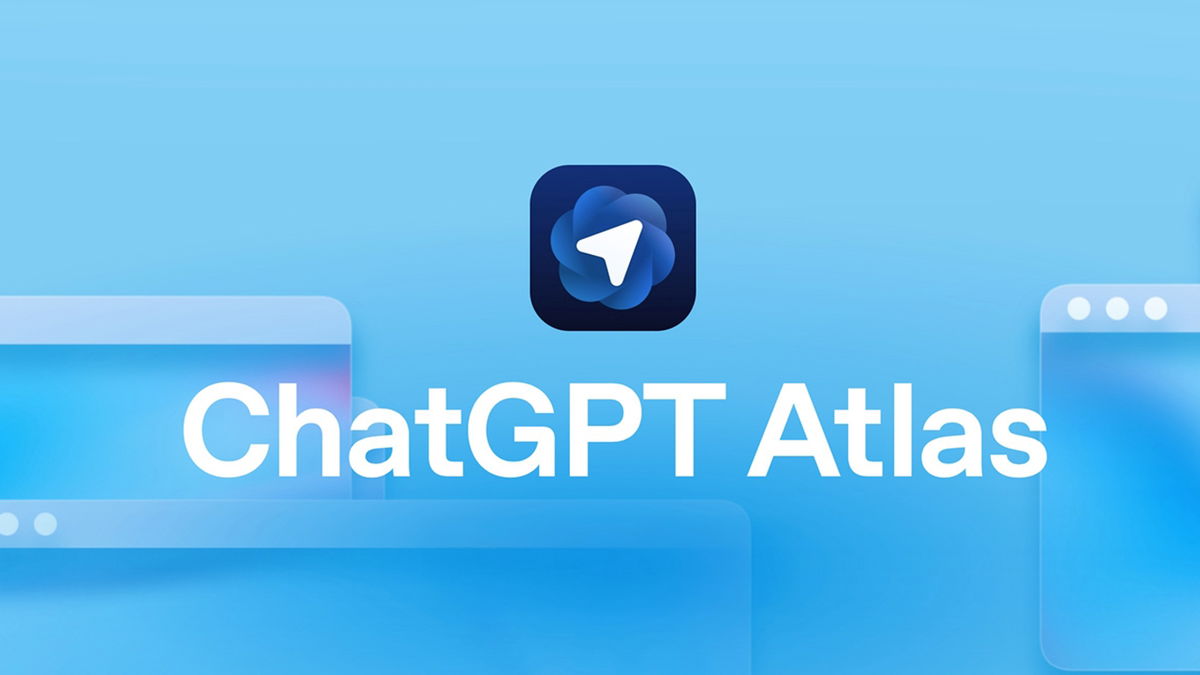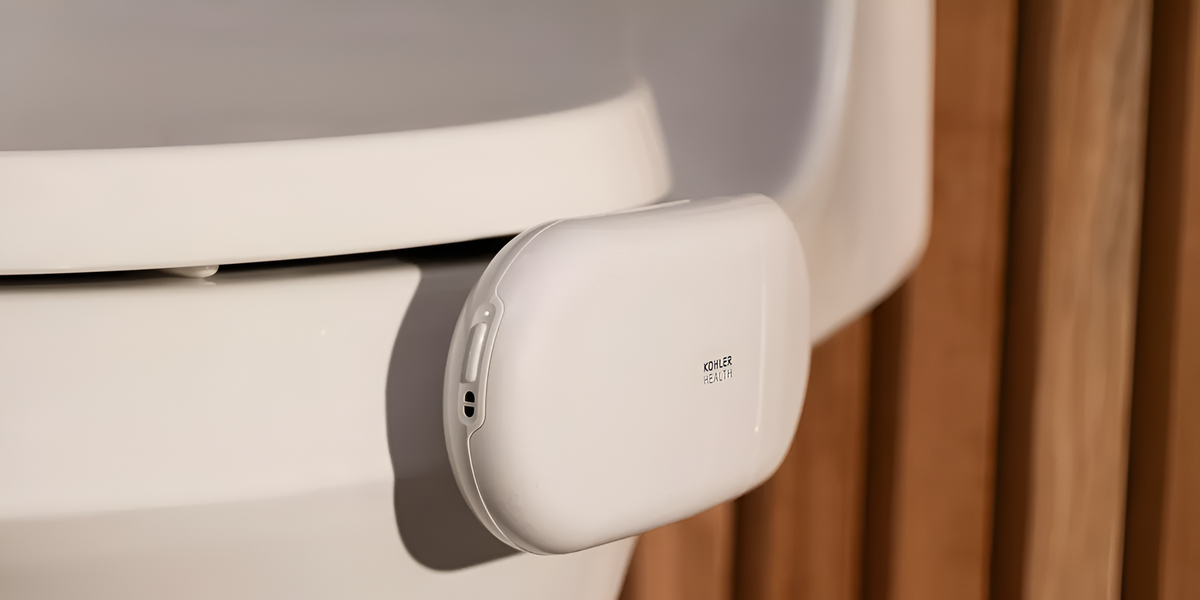You probably know Huawei its mobile phones or the harsh restrictions that the previous government of Donald Trump imposed on the Chinese company in 2019 and which continue to this day under the Biden administration. Huawei, despite a veto preventing it from using Google services, continues to produce and sell smartphones and other products such as smartwatches or headphones. However, the Asian company He has a much larger business and new plans for the future.
Huawei actually started as a network company and this is partly how it still is, although due to US bans this division of business is no longer as large-scale as before. Now your future is passing for a category that only a few mobile device manufacturers have begun to work on so far: electric mobility.
However, Huawei does not intend to produce its own cars. At least for now. Company now focuses on providing both hardware and software solutions to those manufacturers developing electric vehicles.. This new change in direction is partly due to the various events the company has experienced over the years. And this is also possible thanks to the company’s extensive experience in various business areas.
Huawei started as a network company
Specifically, Huawei has three different business groups. One of them is Operator Network Business Group, designed to provide fixed and wireless network services, carrier software, core networks and other types of networking and communications products. The company, in particular, distributes and sells its network technologies to other operators, not only within China, but throughout the world.
However, restrictions from the US government, as well as recommendations from the European Union on the use of Huawei networks, forced the company are having difficulty selling and distributing their 5G networks operators such as Telefonica. The Spanish operator has left Huawei aside to expand SA’s 5G network due to national security concerns, according to several media reports.
Huawei complements its network business with another call Business group of enterprises. The goal of the project is to provide companies with various services. According to the company itself, by the end of 2021, 267 Fortune Global 500 companies have chosen Huawei as their digital transformation partner.
Huawei smartphone business and US veto
Huawei’s third business is the so-called Consumer Business Group, intended for the production and sale of smartphones and other consumer devices. It is one of the pillars of the company, along with its networking business, and one of those that has contributed most to its global expansion. Huawei, in fact, has reached third place in the global smartphone market, despite the fact that today the situation is completely different.
In 2019, Donald Trump’s administration announced it would ban Huawei on national security grounds. The Trump administration, in particular, banned the sale of brand smartphones in the United States and banned American companies such as Google or Qualcomm from doing business with a Chinese brand.
This meant that Huawei could not use Google services on all smartphones released since the ban was introduced. Since then, the brand’s mobile phones have been released without Google Play Store and other Google applications., such as Gmail, Google Maps, YouTube, etc. The brand’s first mobile phone without Google services was the Huawei Mate 30, announced in September 2019, several months before the veto was applied. The restrictions also prevented Huawei from using Qualcomm chips and components from American manufacturers. Given the chip shortage, the company had to stop developing its own SoCs; baptized Kirin. Currently, Huawei can use Qualcomm processors, but not 5G.

Since the ban, Huawei has been promoting the development of its own services, which in a sense will replace Google services.. The company is focusing on improving AppGallery, its app store, as well as announcing other apps that will replace Google’s most classic apps. Among them is Petal Maps, a mapping service.
The company, which has said it is ready to survive without Google in the global market, has also introduced its own operating system: HarmonyOS, although there is no trace of it on mobile phones sold in Europe, it is only present on smartwatches.
However, all these efforts were ineffective in trying to survive the death, which was practically announced. Huawei had no choice but to sell Honor, one of its smartphone brands, to avoid being affected by the restrictions. On the other hand, and Internationally, Huawei’s smartphone business has fallen significantly in recent years.. However, in China it remains one of the main mobile brands.
The future of Huawei is in cars

The failure in the smartphone business due to US restrictions, we repeat, forced Huawei focus on another business that can have a big impact on the market: cars. In fact, in 2021, the Asian firm confirmed its intention to enter the world of electric vehicles – for now in China – with the aim of competing with manufacturers such as Tesla.
Richard Yu, CEO of Huawei’s consumer division and current president of its Smart Car division, confirmed after announcing the company’s intention to produce electric vehicle solutions that Huawei’s goal was not to create a car per se, but to focus on other areas. for example, autonomous driving.
However, in December 2021, Huawei founded the Aito brand together with Seres Group. The first model of the brand – Aito M5, which includes HarmonyOS as its operating system, and they also have another car, the Aito M7, which includes the second generation of the company’s self-driving system. Specifically, it consists of 27 sensors, including millimeter wave radar, 11 high-resolution cameras located throughout the vehicle, and a LiDAR sensor on the roof.
Huawei is also collaborating with various car manufacturers to develop and produce Aito branded cars on a larger scale, taking into account the success of the Seres model with HarmonyOS.
A new company developing solutions for electric vehicles.
HuaweiIn addition, a joint venture with Changan Auto has just been established., a Chinese automobile manufacturer. The company, according to Reutersis moving all of its vehicle development operations into this joint venture to promote “research and development, production, sales and service of intelligent vehicle systems and component solutions,” Huawei confirmed.
The Asian firm, on the other hand, confirmed that it intends to continue cooperation with third-party companies offer their autonomous driving systems and other technologies for cars.
Huawei has also developed a solar inverter, a type of charger with solar panels that allows you to charge your car using solar energy. In addition, the company is developing a system for collecting fees up to 600 kWh for electric vehicles called Fusion Charger. According to the company itself, this will allow the model to charge the battery at the same speed at which the car is refueled. However, currently no vehicle can use it. In any case, this is further proof of Huawei’s plans in this business.
Source: Hiper Textual
I’m Blaine Morgan, an experienced journalist and writer with over 8 years of experience in the tech industry. My expertise lies in writing about technology news and trends, covering everything from cutting-edge gadgets to emerging software developments. I’ve written for several leading publications including Gadget Onus where I am an author.


